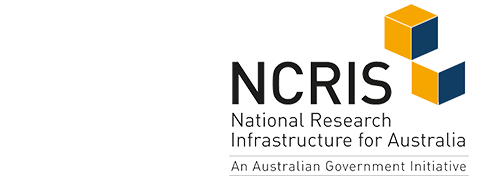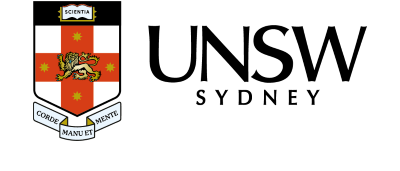Dr Henry Yang and colleagues, from the UNSW School of Electrical Engineering & Telecommunications, have published this week a new paper in Nature Electronics which reports a new world-record fidelity (or accuracy) for a quantum-dot-based silicon qubit
Dr Henry Yang and colleagues, from the UNSW School of Electrical Engineering & Telecommunications, have published this week a new paper in Nature Electronics which reports a new world-record fidelity (or accuracy) for a quantum-dot-based silicon qubit. The fidelity of 99.96% corresponds to an error of only 0.04%, making it ideal for quantum error correction protocols that will be needed for full-scale universal quantum computing, required to solve some of the world’s grand challenges in areas as diverse as human health and climate change.
The paper [link] is featured on the cover of the April issue of Nature Electronics [link] and is accompanied by a News & Views article [link] describing the significance of the result by world expert in quantum control techniques, Prof Joe Emerson, from the Institute of Quantum Computing at the University of Waterloo in Canada. An article featured in The Australian can be found here.
Dr Yang has also written a Nature Research Community article, telling the story Behind the Paper at [link]
The project and paper involved collaboration between Dr Yang and the broader group of Prof Andrew Dzurak at UNSW, with the quantum information theory team led by Profs Stephen Bartlett and Steve Flammia at the University of Sydney. The isotopically-enriched silicon-28 wafers used to make the devices were provided by Prof Kohei Itoh of Keio University in Japan.
The devices used for this study were all fully fabricated at the ANFF-NSW clean-room facility, using its full suite of silicon-MOS process tools and advanced electron-beam lithography.




